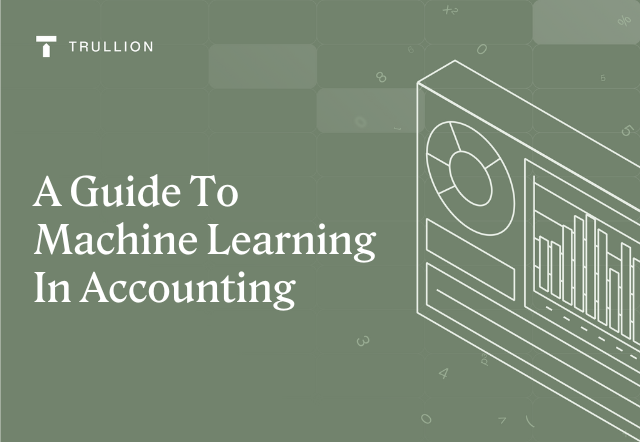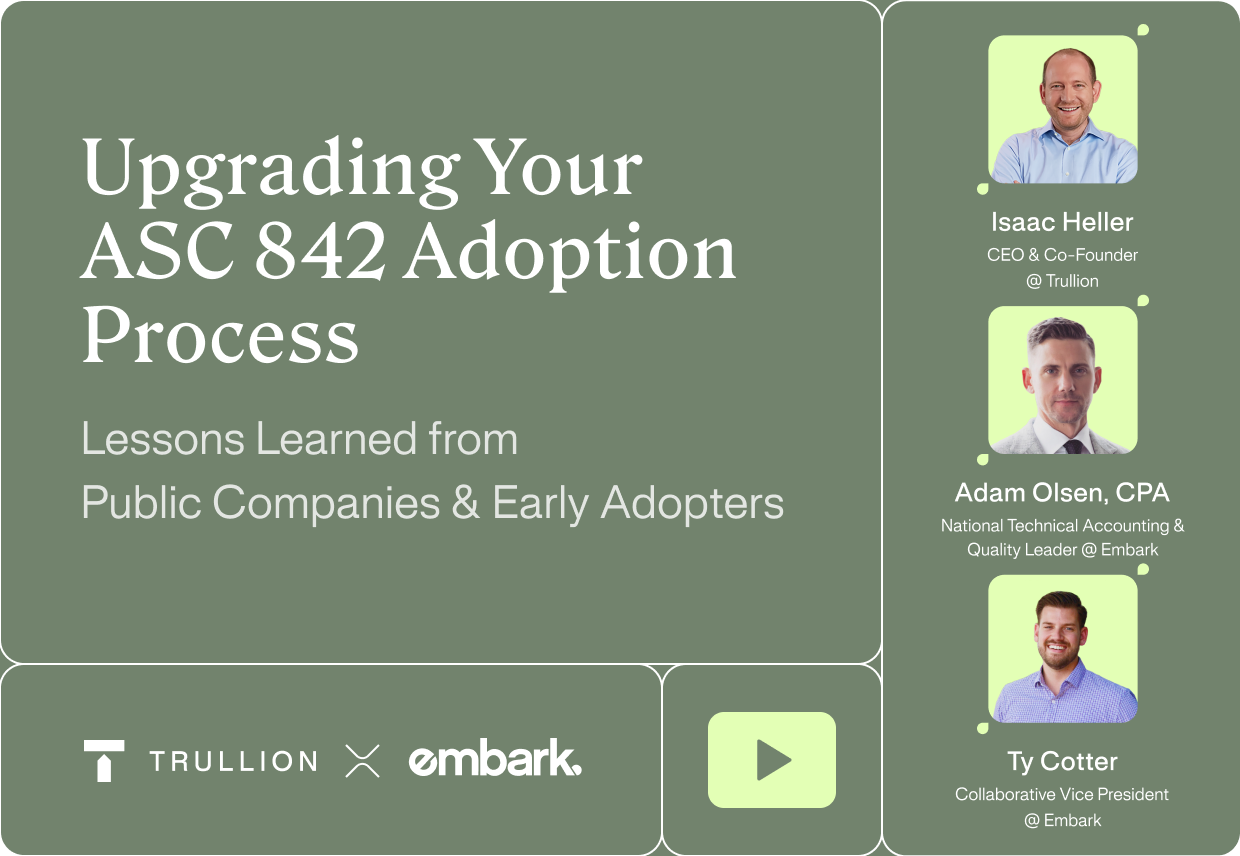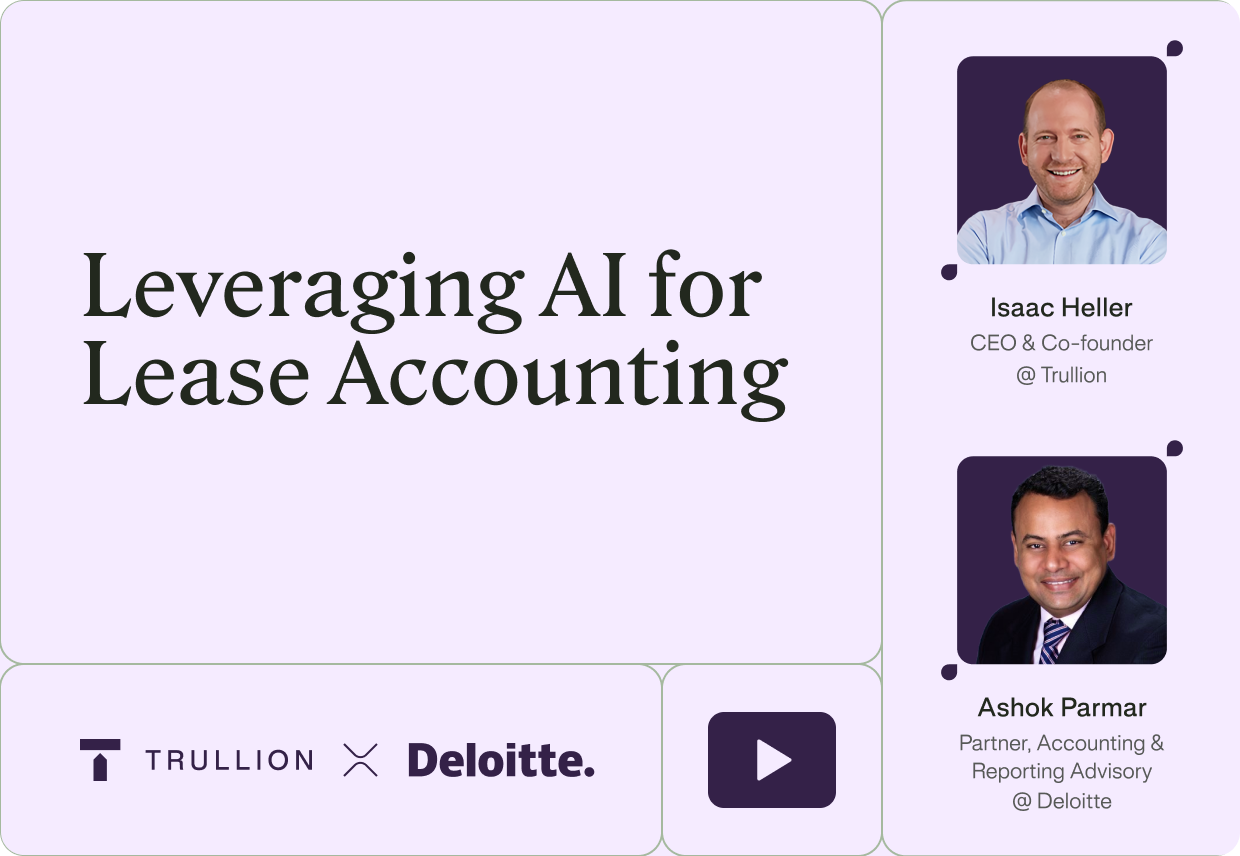Machine learning has captured our imagination, with its power to transform the way we perform everyday tasks, and help us to achieve things that we never thought possible. In accounting specifically, machine learning has already had a significant impact, and the effects of machine learning in accounting are expected to become even more apparent in the future.
The term “machine learning” first entered use in 1959, and was created by IBM employee Arthur Samuel. Technically, machine learning is “a subfield of artificial intelligence, which is broadly defined as the capability of a machine to imitate intelligent human behavior. Artificial intelligence systems are used to perform complex tasks in a way that is similar to how humans solve problems.”
Machine learning and artificial intelligence in accounting really took off in the early 2000s, as automation and larger data sets meant that efficiencies could be leveraged. Today, machine learning is almost ubiquitous in accounting, though there is consensus that we’ve barely scratched the surface of what machine learning can truly do for the profession.
What are machine learning and artificial intelligence in accounting?
Artificial intelligence in general, and machine learning specifically, are already used in accounting in a number of ways. And AI is going to help accountants even more in the future. Some of the ways AI is already making life better include:
1. Automating manual tasks
Whereas in the past, accounting was known for much manual work – for example inputting data, approving data, creating disclosure information, and editing reports – today, a lot of this work can be automated thanks to AI and machine learning. One example is leases: leases used to be input one by one, with multiple spreadsheets having to be updated, then journal entries created or edited, then reports checked, and then disclosure requirements created and constantly edited as changes occurred.
Today, companies like Trullion automate the entire process using AI and machine learning; from the ingestion of data by scanning leases and automatically extracting key information such as amounts and dates; to the creation of audit-ready journal entries, and always-compliant disclosure information.
2. Estimates
Manual calculations of estimates cannot possibly take the vast amounts of data into account that machine learning can. This results in estimates that are significantly more accurate – and quicker to generate too.
3. Identifying trends
AI is able to see trends in huge amounts of data that would be physically impossible for a human being to spot. These trends can be used throughout accounting, from analyses of debtors and creditors to identifying new business opportunities.
4. Capturing anomalies
A great example here is the audit. Human auditors must choose samples, test these, and assess what this means for the population as a whole. This process is both time-consuming and inaccurate. In the future, it’s likely that machine learning will be used to verify transactions and balances in real-time, identify and flag anomalies immediately, and completely transform the way audits are performed and perceived.
A note of caution
As a general note, there are several important factors to bear in mind when applying machine learning in finance and accounting. These include biases creeping in, the quality of input data, and ensuring models are up-to-date with the latest updates such as changes to accounting standards.
How Trullion has incorporated AI and machine learning into finance and accounting
Trullion identified a number of challenges within the accounting profession. Accounting was ripe to be transformed by technology, and yet this wasn’t happening. And while other professions were embracing AI and automation, accounting seemed to be left behind. Other challenges included:
- The finance world feels “stuck in the past,” with attempts to innovate not making headway
- Standards and procedures becoming more complex than ever before
- Businesses are forced to choose between efficiency and accuracy
- Finance and audit teams aren’t being given the right tools to be successful
In response, Trullion launched its solution that solves these challenges through technology. The platform uses Artificial Intelligence to build products that automate repetitive, labor-intensive tasks, thus freeing up time to focus on more strategic work.
Trullion’s goal is to empower finance and audit teams with simple, intuitive software that transforms everyday tasks into delightful experiences.
Examples of Machine Learning in Finance and Accounting
There are numerous examples of machine learning in finance and accounting. Some examples of AI in accounting include:
- Learning invoice coding trends and automatically allocating transactions
- Automating bank reconciliations
- Automation of revenue recognition rules
Thus far, accounting machine learning has saved millions of human hours and made what was thought to be impossible, eminently achievable.
Why should you use Machine Learning in Accounting?
If you’re looking to save time, improve accuracy, guarantee compliance, or add capabilities, then using machine learning and AI in accounting is for you. Across business sizes and industries, machine learning in accounting is making a massive impact, and no one should be left behind.
To summarize, machine learning is freeing up accounting and finance professionals to focus on strategic, high-impact activities, while providing the tools to succeed in those endeavors.
At Trullion, artificial intelligence and machine learning are core to our offerings, where the latest technologies are harnessed to empower you to excel in your role. From AI-powered automated Lease Accounting to Revenue Recognition and more – you have to see it to understand just how powerful it is. Book a demo to see for yourself.







